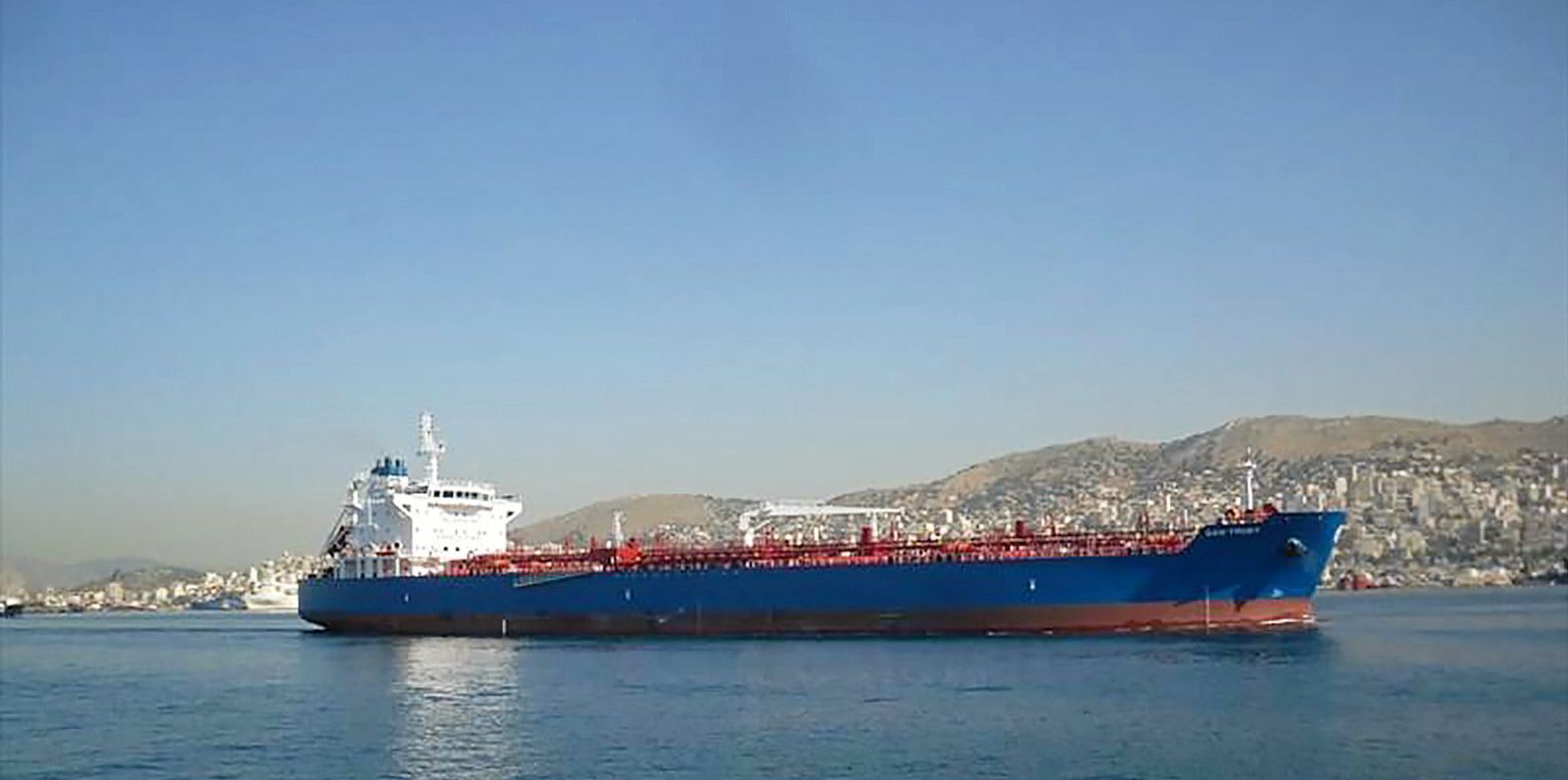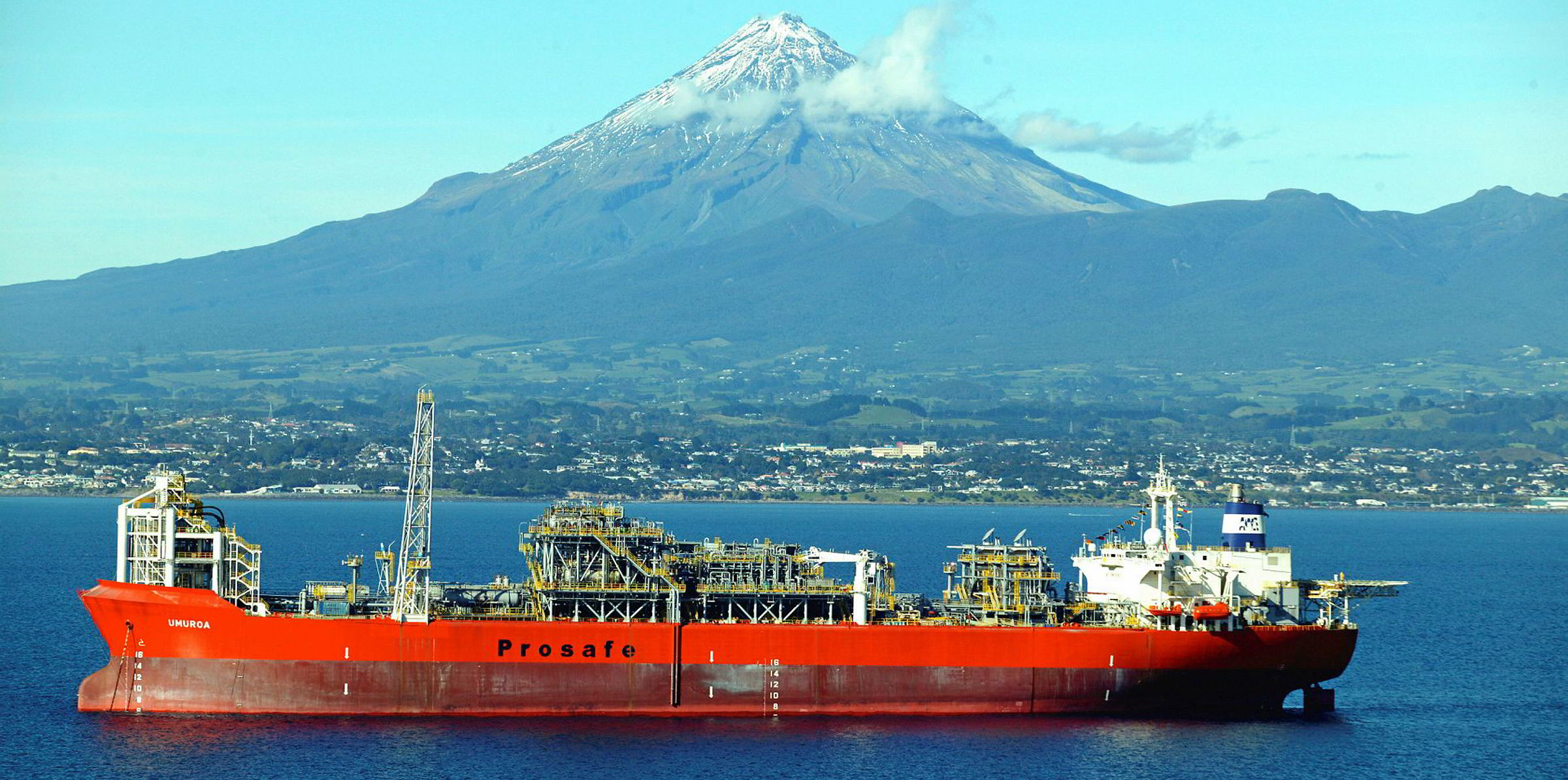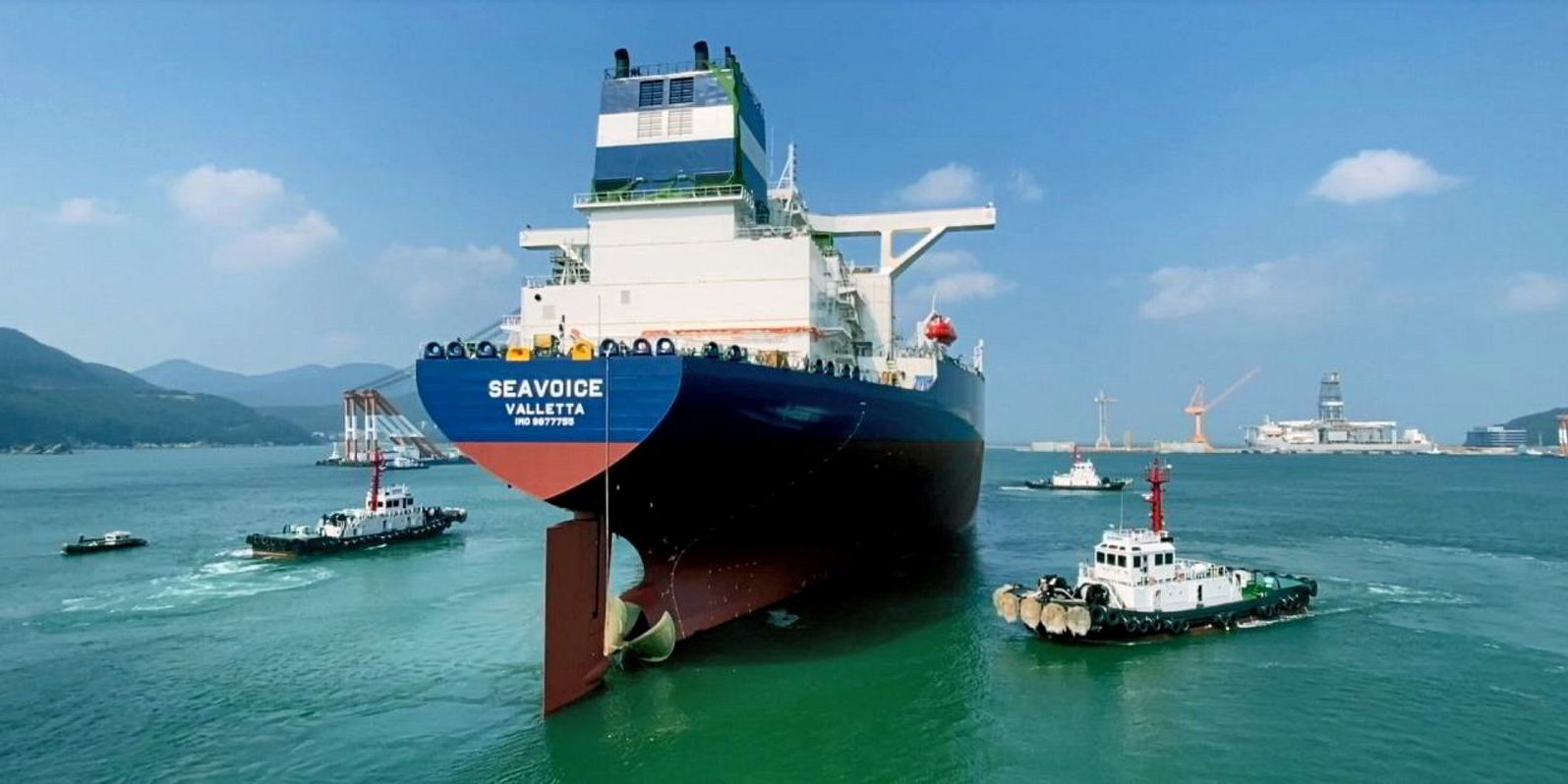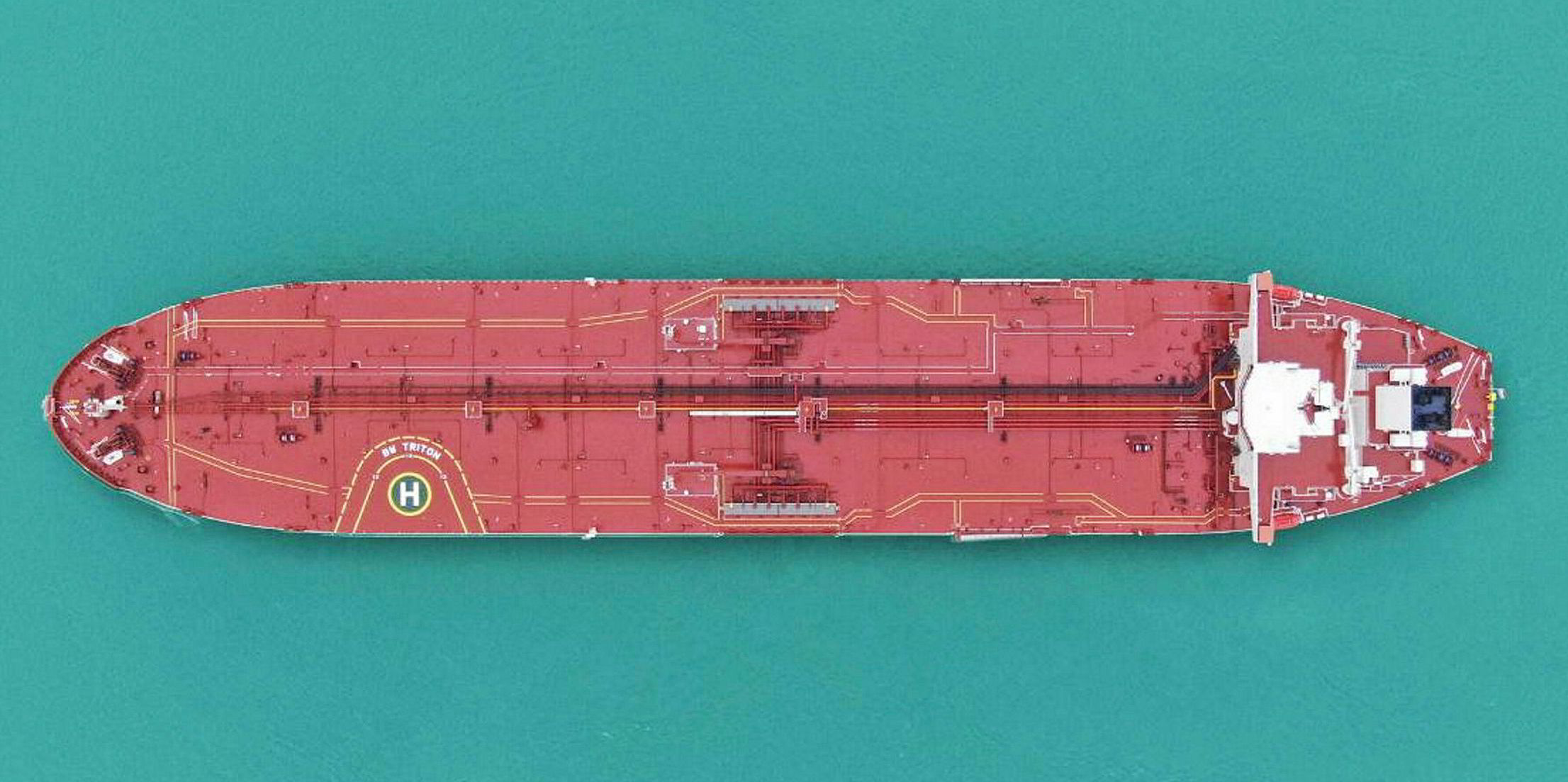Refining NZ has advanced its plan to convert New Zealand’s sole oil refinery into a fuel import terminal, signalling a potential boost to tonne miles for product tankers.
In an operational update published on Thursday, the NZX-listed company said it had commenced the front-end engineering and design works for the conversion project, including estimated costs and timing.
“Discussions regarding the potential conversion to an import terminal continue with customers,” said Refining NZ, which operates the 135,000-barrel-per-day (bpd) Marsden Point refinery.
Faced with strong competition from mega refineries in other parts of Asia, Refining NZ in April announced it could turn the refinery into an import terminal to enhance profitability in the long run.
With heavy losses this year amid weak margins and oil demand during the coronavirus pandemic, the company has already decided to operate the refinery at two-thirds of its nameplate capacity next year.
If the proposed terminal receives the greenlight from shareholders, analysts believe increased fuel imports of New Zealand would boost tonne miles for tankers disproportionally.
“Both the remote distance and the lack of return cargoes would make imports to New Zealand very intensive in terms of vessel utilisation,” shipbroker Banchero Costa’s research head Ralph Leszczynski told TradeWinds.
“It uses a lot of vessel time for a given volume of cargo.”
Oil balance in New Zealand
Government data showed the island nation’s oil consumption had been on an upward trajectory before this year, partly driven by an expanding population.
Analysts at Vortexa, a London-based data provider, estimates New Zealand might need to import another 280,000 tonnes of gasoline, diesel and jet fuel per month if the refinery shutters. This represents an additional eight MR cargoes.
The import requirements are expected to be filled by BP, ExxonMobil and Z Energy, which together own 43% of Refining NZ.
The three companies currently purchase fuel from the Marsden Point refinery to supply their retail networks in New Zealand.
According to the company website, Refining NZ meet about 58% of the country’s gasoline demand, 67% of diesel and 85% of jet fuel.
Kpler data showed New Zealand imported about 95,000 bpd of crude from Asia, Russia and the Middle East on suezmaxes and aframaxes last year, which were routed to the refinery for processing.
The demand “is a drop in the ocean in terms of crude trade”, Leszczynski said.
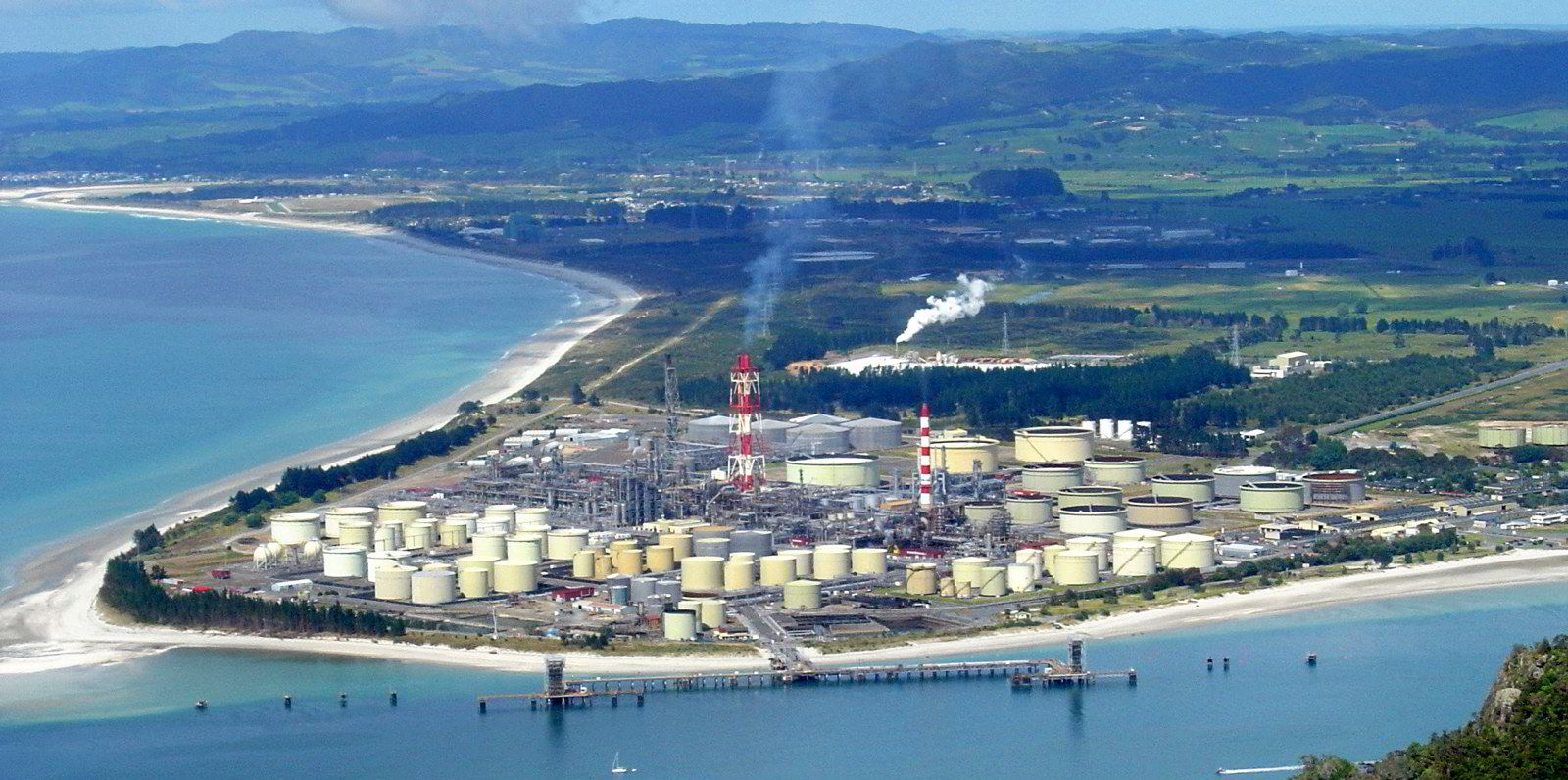
Emerging benchmark trade
The New Zealand refining news came on the heels of BP’s recent decision to close the 146,000-bpd Kwinana refinery in Australia.
With competition from large refineries in China, India and the Middle East, some ageing refineries in the two countries have been shut while others are struggling.
As Australia and New Zealand are likely to hike fuel imports from India and East Asia in the coming years, tanker experts suggest long-haul MR demand is set to increase.
“Charterers will now be competing for tonnage also increasingly bound towards Australia,” Vortexa senior freight analyst Arthur Richie said.
Leszczynski expects shipowners to charge high freight rates for shipping to the two countries due to limited triangulation opportunities.
“At best, you have to backtrack to Singapore to get any cargo, but that's very far away,” he said.
